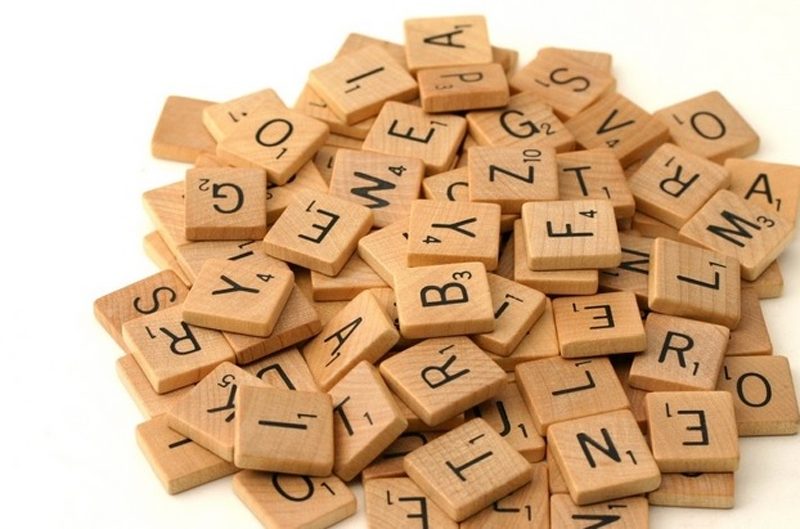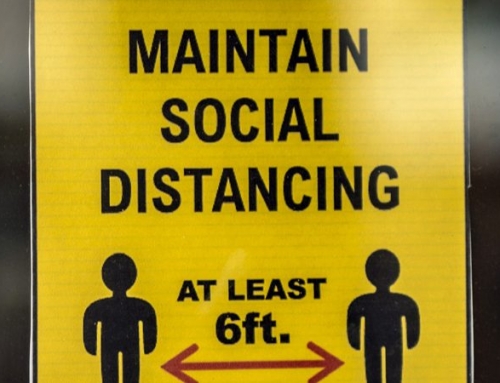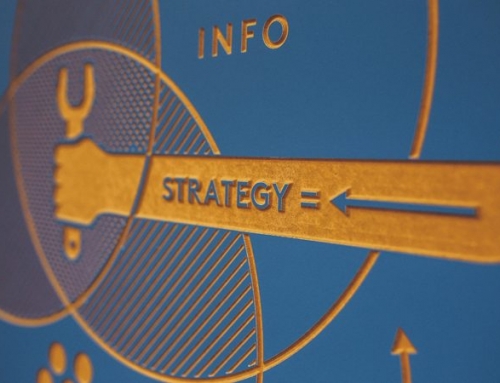The language you use in your marketing campaigns is important. Every word can have a different meaning or connotation depending on the context and the audience. Here are a few of the best and worst words to use when running marketing campaigns.
The Best
1. Free
Possibly the holy grail of all marketing words, this one is at our number one spot for a reason. Though you need to be careful about how you use this, adding it anywhere on a page generally creates positive results. Show us a person who doesn’t enjoy getting something for nothing and we’ll show you unicorns.
2. No Obligation
The mainstay of many gym, mobile phone and other subscription-based contracts, these two words offer reassurance and a sense of security. Customers can try your product but don’t feel locked into an agreement that they can’t get out of.
3. Today
In your call to action, including the word today adds an extra level of urgency. Why wait? Pick up the phone today? It might seem pushy or over the top when its stated as blatantly as that, but this technique is still used by practically every business out there to nudge prospective customers in to converting.
4. Hassle-free
Hassle, as a concept, has come to define practically anything that we find unpleasant about modern life. By suggesting that you can take away some of the waiting, the form filling or other tedious tasks that people dislike, you are offering customers something more than just your product or service. You are offering peace of mind.
5. New
Something about this word never fails. People love the intrigue of something that hasn’t been seen before, even in industries that are usually somewhat devoid of personality. If you can offer your customers something, they feel is exclusive, unseen and new, you can create a sense of urgency that drives them to make a purchase.
6. Safe
Using this word takes confidence. You must be sure that you aren’t misleading anybody as doing so can come with serious consequences, but it is also one of the most powerful short words in marketing. Safety means a lot to people and if they know they aren’t taking a risk by using your business, they are more likely to become a regular customer.
7. Last Chance
Used by online retailers and high street shops, this is a very effective technique that is often employed to clear old stock or to drive engagement with sale items. The sense of urgency means that your potential customers will feel a certain amount of pressure to act before they miss out on something.
8. Simple
Modern life is complicated, and simplicity is a concept that is often in short supply. Using this word can instil a sense of confidence in a potential customer as it suggests ease of use and an experience free from problems.
The Worst
1. Revolutionary
If history is to be believed, revolutions are often violent, chaotic and unpleasant to experience. These aren’t connotations you want to associate with your business if you can avoid it. Also, lets be realistic, unless you’ve discovered a new vaccine or a way to generate power, your claim is probably a little overzealous.
2. Guaranteed
You can guarantee that you will provide good quality customer service, but you can never truly guarantee that your product will work for every person who uses it. Be very careful with this word, it can cause problems when included in the wrong place.
3. Amazing
The Grand Canyon is an amazing natural wonder, Steven Hawkins was an amazing scientist and human being, but can you really describe something like a burger or a range of sportswear as amazing? This word is the epitome of over exaggeration and should be used very sparingly, if it all. Nobody likes it when a company boasts about their own products.
4. Unique
The ambiguity of this word is what makes it so problematic. As a quality, uniqueness can be both good and bad, so make sure that you are using this in the right way if you are going to include it. In some industries, a “unique” approach can signal nativity and even a misunderstanding of the market.
5. Best
Unfortunately, it isn’t for you to make that kind of judgement. Your customers can use this word all they like, and having them do so on your socials or feedback forums can be very complimentary, but to claim your own product or service is “the best” is something you can only really do if you have a lot of proof to back this up.
6. Money Back
Its very tempting to offer this as it can help with the sense of “no obligation” that customers like to feel, however, many companies struggle to honour this. Shipping costs, admin fees and other potentially hidden expenses can make this something of a false promise.
7. Don’t delay
Imagine how somebody feels when they read something like this after a hard day at work or caring for their loved ones. It comes across as aggressive and pushy and will more than likely encourage a response akin to “don’t try to tell me what to do, please.” Or a more strongly worded variation.
8. Nice
This word is an English teacher’s nightmare. Its not great for marketing, either. The problem with “nice” is that it doesn’t really mean anything. Try to use more specific, positive language if you can as this looks vague and ultimately, a little unconvincing.
Summary
Just a few of the right words can transform any piece of marketing text from a disaster into a resounding success. The opposite is also true, make the wrong choice and you can potentially ruin a great campaign. Always remember to consider your own gut reactions to words when using them for marketing purposes. If they make you feel a certain way, the chances are, they will have a similar effect on your customers.






